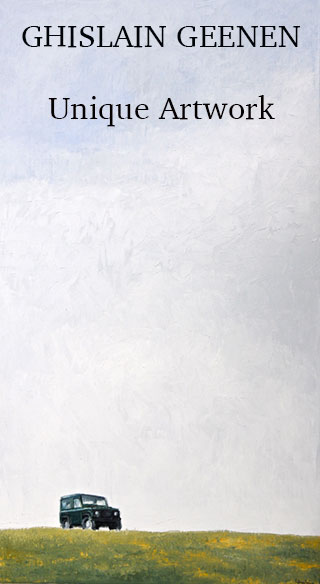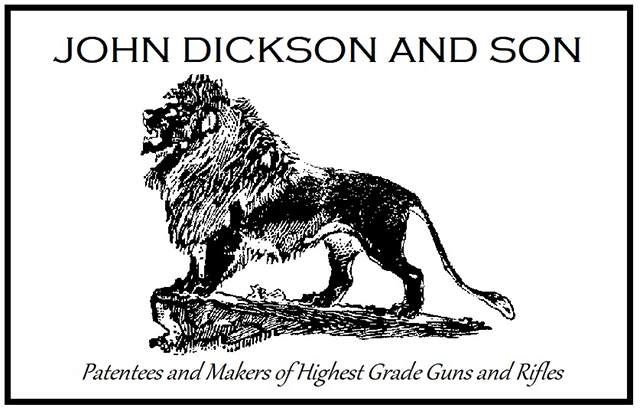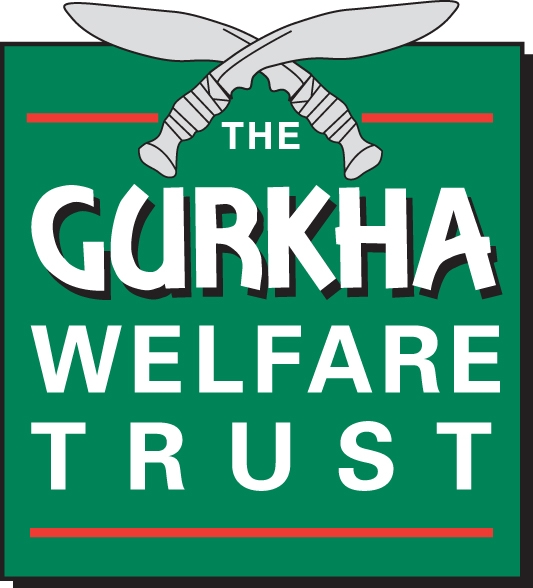Game management expert Ron Thomson wrote this informative piece to guide the public through the terminology and practices that are so often confused in debate about sport hunting and population management:
I have been asked to provide an explanation to clarify the distinction between hunting; trophy hunting; poaching; and culling – to which I am going to add “population reduction”. And I have to admit that I am actually dumb-founded by the fact that our public do not understand the differences. But, The True Green Alliance is here to create a “better-informed public” so I should welcome this opportunity to provide this explanation.
The root of all these management actions – legal and illegal – is the concept “to hunt”. And ‘to hunt’ has a number of different, but very similar, legal definitions (in different countries). The definitions must be on the statute books because, in a court of law, whatever the terminology that is used in a court action, the word and intention of ’to hunt’ HAS to be clearly defined .
If I remember the language, the words “to hunt” include: to follow; to track; to pursue; to lie in wait for; to seek-out; to trap; to entice; to lay baits for; or to poison – with the intention of killing or capturing a wild animal – with or without a firearm; a bow and arrow; a gun that fires tranquillising darts that will anaesthetise an animal, or the use of any other such means that will effect an animal’s capture or killing.
The definition, therefore, covers any and all eventualities whereby a man can capture or kill a wild animal; and he doesn’t have to actually kill or capture it to be guilty of a “hunting” offence. He is guilty of hunting even if he has just exhibited an ‘intention’ to kill or to capture a wild animal.
The definition, therefore, covers any and all eventualities whereby a man can capture or kill a wild animal; and he doesn’t have to actually kill or capture it to be guilty of a “hunting” offence. He is guilty of hunting even if he has just exhibited an ‘intention’ to kill or to capture a wild animal.
HUNTING is the action that a man takes to procure the carcass of a wild animal by any means that is legal. In the modern sense of what hunting means, this is normally carried out with the use of an adequate and approved firearm or bow-and-arrow.
For hunting to be legal, however, requires that the firearm (or the bow) that is used, is adequate for the task in hand; that the hunter has permission to hunt on the land where the hunting is to take place; that the hunting is carried within the prescribed hunting season; and that the hunter complies with every obligation that makes the hunt legal.
Hunters who do not comply with all the legal provisions that make hunting legal, can be prosecuted for hunting illegally. In this sense, however, a hunter who has thus (technically)broken the law is not “a poacher”.
Hunting is one of the most important ‘tools of wildlife management’. It is the means whereby a land-owner harvests the free-ranging game animals on his game ranch. And game ranchers often use the services of experienced hunters to effect the harvesting of their excess wild game animals at the end of the hunting season.
In South Africa, all venison obtained from the sale of hunting rights to a hunter, belongs to the hunter. The meat, hide and horns of animals killed by hunters who have contracted with a game rancher to harvest his wild animals, however, belongs to the game rancher.
TROPHY HUNTING is the action that experienced hunters (NORMALLY) take to procure exceptionally large body-sized ‘trophy’ animals, or animals with exceptionally large horns; antlers; or tusks.
Trophy hunters, therefore, are collectors of these animal trophies and they often pursue annual quests to obtain an ever bigger variety of game trophies – some from all over the world – or to collect even bigger specimens of the trophies they have collected before.
Trophy Hunters are prepared to pay premium prices for the trophies that they want to collect. Game Ranchers and wildlife authorities, therefore, welcome Trophy Hunters into their domains because they pay more money – per capita – than any other category of hunter.
The reputation of Trophy Hunting has been very badly mauled by the anti-hunting (and anti-sustainable-use-of-wildlife ) animal rightists in recent years.
Is such criticism unjustified? Not at all! In my youth and maturing years I shot very large numbers of Africa’s big game animals but I have never been a ‘trophy’ hunter.
Therefore, I have no personal axe to grind in this dispute. But what I have done that most hunters have not done, is that I spent 30 of my most productive maturing years administering Africa’s national parks. If I had a bias, therefore, one would think that I, too, would be ‘anti-hunting’ in my outlook. But I am not!
The anti-hunters tell the world that Trophy Hunting selectively removes the biggest and the best breeding males from Africa‘s wildlife populations which, they say, degrades the gene pools terribly.
If this were true, then one would expect the record books to show a continuing decline in game trophy sizes every year; but this is not happening. Instead, trophies are being recovered every year which can only be described as being within touching distance of what the hunters call “world-class”.
The truth of the matter is that the biggest trophies are (normally) to be found on the oldest males; and the older males have stopped breeding long before they are shot by a Trophy Hunter.
One cannot expect anything else from animal rightists – whose purpose in life is to ABOLISH all animal ‘uses’ by man.
They therefore manufacture excuses, all the time, to support their argument that Trophy Hunting should be banned. Their purpose, however, is NOT to have Trophy Hunting banned at all – but to have ALL hunting banned – and Trophy Hunting is more vulnerable (than ordinary sport hunting) to verbal abuse at this stage of their game.
POACHING is the action taken by a man when he steals a wild animal that legally does not belong to him; and he harvests it using some illegal means, too. Big game animals are normally shot by poachers with a rifle; or they are darted with a tranquilising dart.
Smaller animals are either hunted with dogs or caught in wire-cable snares. Big game poachers shoot elephants and rhinos for their tusks and horns (which are sold into the illegal black market). Small-time poachers kill smaller game for their meat – to fill their family cooking pots back in their rural villagers.
CULLING is the action that wildlife managers use in a national park, to maintain their wild animal populations at a stable number. They do this to keep the animal numbers within the sustainable carrying capacity of their habitats. They say that, each year, they “remove the annual increment” from the herds – which means that they determine just how many animals the herds increase by each year, and they remove that same number from the herds each year, too.
This is a vital management action for prolific game populations in national parks. Hunters and Trophy Hunters are NOT used in such essential wildlife management activities. The culling is executed by experienced game rangers employed by the Department of National Parks.
POPULATION REDUCTION MANAGEMENT is applied to excessive populations of wild animals in a national park – and “excessive” means that the numbers have grossly exceeded the carrying capacity of their habitats. In this case the objective of the exercise is to quickly reduce the numbers by the most expeditious means possible. Just at the moment, elephant population reduction exercises are seriously needed in all of southern Africa’s National Parks.
This exercise entails reducing numbers by up to 50 percent of the standing population. Its a highly expert exercise; and it is only carried out by highly experienced game-ranger hunters. “Culling” and “population Reduction Management” are NOT the same thing!
Published by Vintage Guns Ltd on





